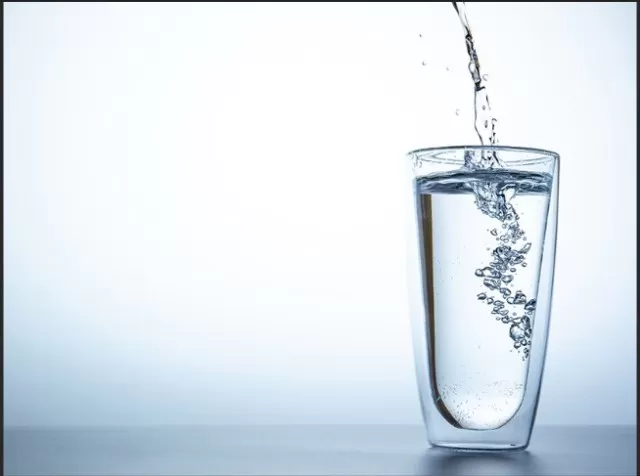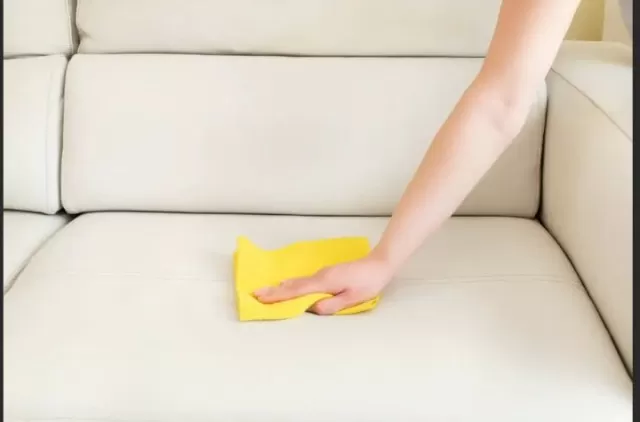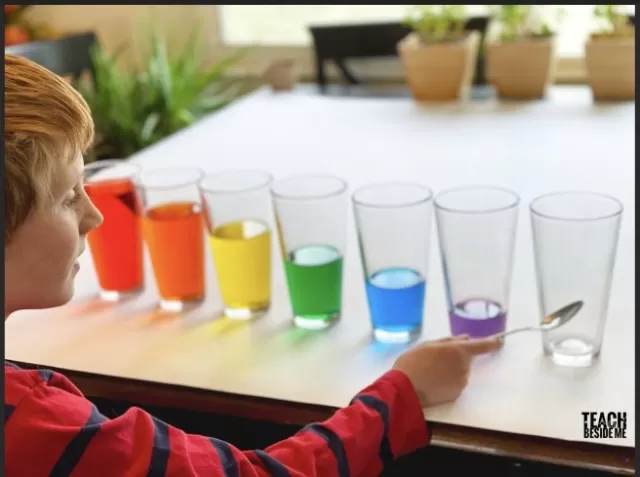Unexpected Items Unsuitable for Water Cleaning. Hold on a moment! Before you reach for that trusty cleaning bucket filled with the familiar H2O, take a moment to consider what you’re about to clean.
While water is often the instinctive choice for cleaning tasks, it’s crucial to recognize that its effects can be detrimental to the longevity and condition of specific items around your home. To make informed decisions, delve into the following insights to uncover which household treasures should absolutely steer clear of water exposure. This knowledge will empower you to safeguard your possessions and maintain their optimal state for years to come.
Refrain from Adding Water

Renowned for its role as “nature’s universal solvent,” water boasts the remarkable ability to dissolve an extensive array of substances, ranging from common dirt and grime to diverse chemicals.
Undoubtedly, water reigns supreme as the preferred cleanser for a multitude of surfaces within and in proximity to the household. Nevertheless, it’s important to exercise caution, as certain everyday objects found around the house can fall victim to water’s potentially damaging effects, resulting in unsightly spots and persistent stains.
Presented below is a compilation of items that warrant your avoidance of water-based cleaning methods.
Wooden Furnishings
Experience has taught many that confronting the appearance of white rings or blemishes atop a cherished coffee table underscores the incompatibility of wood and water.
The potential consequences of introducing water to wood are evident: the delicate finish of your wooden furniture can suffer harm, resulting in discolored patches. Moreover, the interaction with water can incite wood to undergo undesirable changes such as swelling, splitting, and even cracking. To preserve the allure of your wood furniture, it is recommended to routinely rid it of dust using a microfiber cloth. For maintaining its lustrous appeal and safeguarding its integrity, opt for a high-quality furniture polish or consider applying lemon oil, both of which contribute to enhancing the wood’s sheen and ensuring its long-lasting protection.
Caring for Leather

When it comes to leather upholstery, footwear, and boots, a distinct level of care is imperative to uphold their impeccable appearance.
However, the involvement of water should be strictly excluded from the equation. Water’s contact with leather can give rise to unsightly streaks and blemishes, and over an extended period, it might even facilitate the development of cracks within the leather’s structure.
Similarly, the application of natural oils such as olive oil or coconut oil, along with high-fat substances like peanut butter and mayonnaise, should be avoided as methods for enhancing the sheen of your leather possessions. Despite their reputation as handy do-it-yourself solutions, these edibles can ironically expedite the deterioration process, leading to more rapid cracking.
The most prudent approach involves the utilization of a specially formulated cleanser, designed to meticulously clean and polish leather items, safeguarding their longevity and luxurious allure.
Maintaining Brass and Silver
The seemingly unyielding nature of brass and silver might suggest immunity to liquids, yet the application of water to combat tarnish is a strategy that yields counterproductive results.
Contrary to expectations, using water to cleanse tarnished brass and silver can actually exacerbate the issue. The majority of brass and silver items commonly found within households have been treated with a protective lacquer or sealant. Regrettably, the passage of time combined with water’s influence can erode this crucial protective layer. Thus, opting for a targeted approach becomes essential. Employing a brass or silver polish meticulously crafted to address the needs of these precious metals is a far more prudent choice. Such specialized polishes are adept at not only eradicating tarnish but also safeguarding these items by preserving their inherent luster and integrity.
Caring for Musical Instruments

Whether the task involves the upkeep of a wood-based musical instrument like a piano, guitar, or violin, or the maintenance of a metal counterpart such as a trumpet, saxophone, or cymbals, a crucial directive remains: avoid the introduction of water.
The effects of water on musical instruments diverge from the intended outcomes. When it comes to wood-based instruments, the application of water can result in discolouration and structural damage, potentially compromising their aesthetic and acoustic qualities.
On the other hand, for metal instruments, water can strip away the protective coatings that shield them, thereby instigating tarnishing and rust formation. In your endeavor to sustain both the enchanting melodies and the visual allure of your instruments, it is imperative to limit your selection to cleansers purposefully formulated for the unique needs of musical instruments.
By adhering to this guideline, you ensure the longevity, pristine sound, and captivating appearance of these cherished musical companions.
*The information is for reference only.